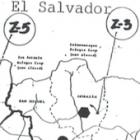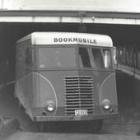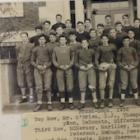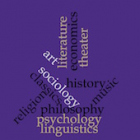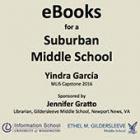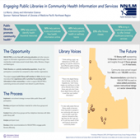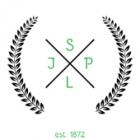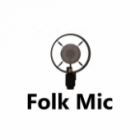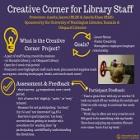
Creative Corner for Library Staff
We set up a “Creative Corner” craft table in the Suzzallo and Odegaard Libraries to explore how encouraging librarians to “play” and be creative in the workplace affects creativity, stress levels, and the workplace environment. Research has shown that giving employees time to take a break and do a non-work related activity with their co-workers can improve office relationships and foster more creative approaches to problem-solving. We implemented a 6 week program of rotating crafts and also provided supplies such as coloring sheets and crayons for staff to use at the table. In the last week of the program we sent out an email survey to assess what people thought of the Creative Corner tables and how it affected their moods and stress levels. We documented the process and our recommendations on how this program could be continued at UW Libraries in the future for the benefit of library employees.

